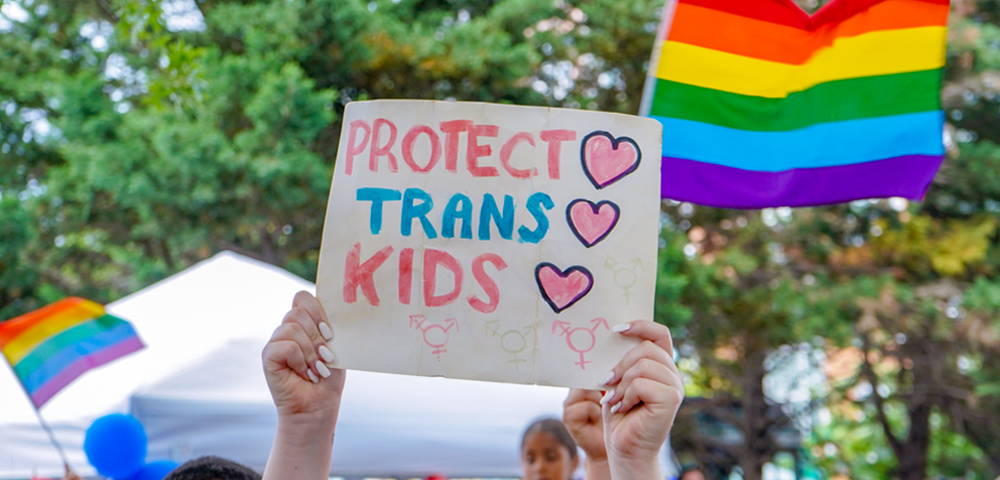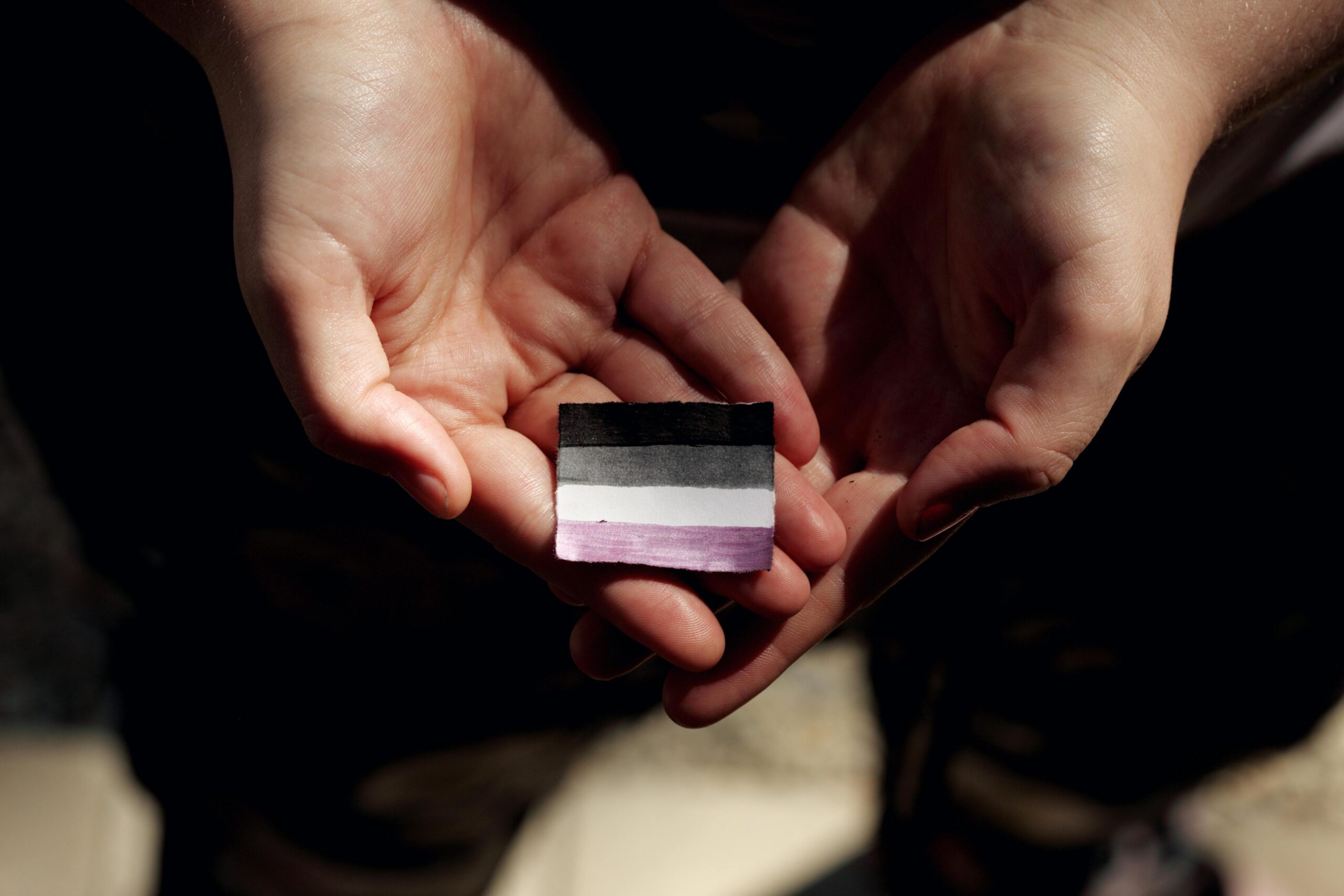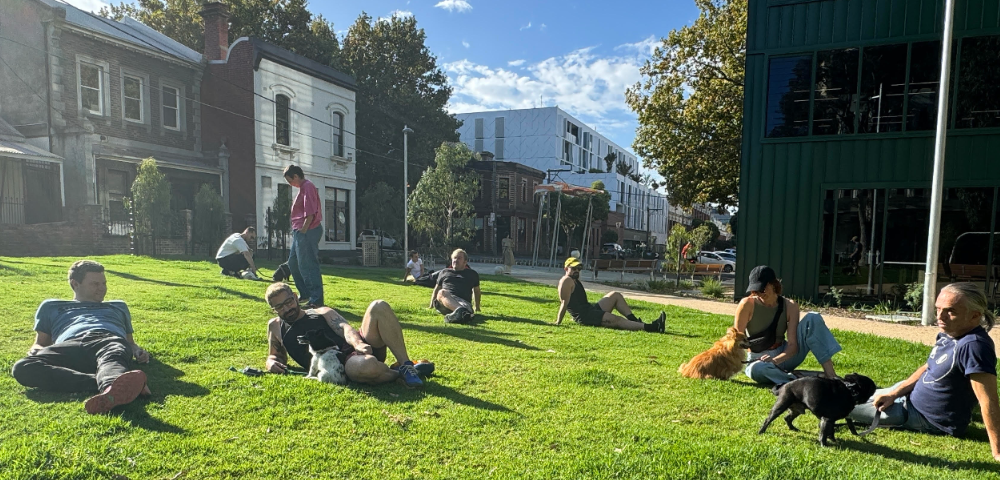
Meeting your new partner’s friends and family for the first time, interviewing for a job you really want, even finding a spider in the house can all lead you to feel anxious.
Anxiety is a normal part of being human. Besides being an expression of fear, anxiety can also represent anticipation of an important event or let us know something we’re struggling with may be challenging our values.
However, when anxiety starts to be an almost daily part of life and prevents you from doing things you need or like to do, it has become problematic. Anxiety can become a debilitating mental health condition, affecting people’s ability to work, study or socialise.
When anxiety becomes this chronic, people can be diagnosed with an anxiety disorder. Typical symptoms are constant worry, difficulty controlling anxiety, feeling on edge or restless, being easily fatigued, problems concentrating, irritability, muscle tension and sleep disturbance.
Because there can be symptoms such as a pounding heart, hot flushes or short, shallow breathing, it can seem like there is something physically wrong. Then fear breeds fear and can snowball into a panic attack.
A panic attack is when the anxiety symptoms build to a degree where the person feels they might
faint. Panic attacks can happen in all sorts of places including on public transport, at work or in social settings.
A panic attack can be a strong motivator to avoid a situation where there has been high anxiety in the past. This could mean avoiding public transport or work or social events and thus your ability to function and enjoy life is seriously impaired.
Research shows GLBTI people experience higher rates of anxiety (and other mental health issues) compared to the mainstream community. There are various theories about why this is, but the important point is that Help is available.
Your GP who will talk you through treatment options including medication and a referral to a psychologist. The psychologist would be covered under Medicare if a GP has made a referral. You can also get great treatment for anxiety from counsellors and psychotherapists without a GP referral.
For a treatment that ensures a gay-friendly approach, the VAC/GMHC runs a therapeutic group specifically for anxiety. For more information, call 03 9865 6700 between 2-4pm and speak to the duty worker.









